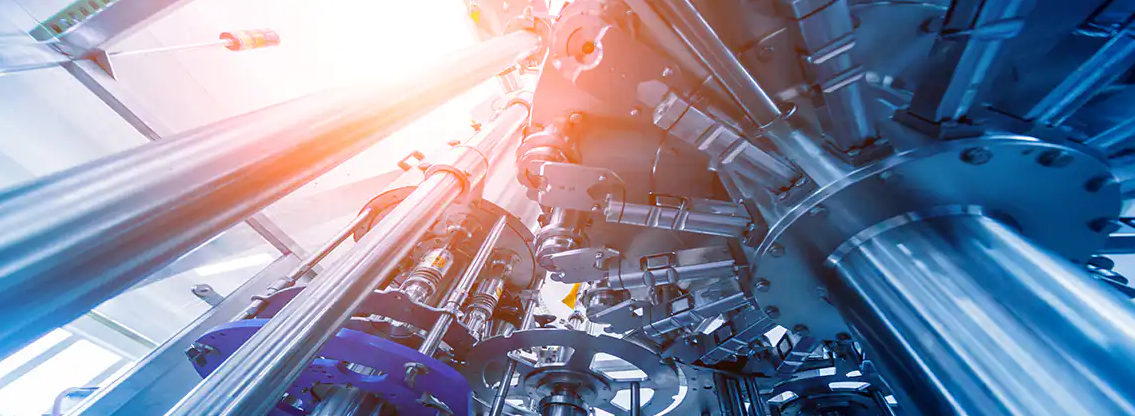Metals are one of the most commonly used materials in the world, and they are essential for a wide range of applications, including construction, manufacturing, and transportation. Two of the most popular metals used in these applications are alloys and aluminum. While both materials possess excellent properties, there are significant differences between them. In this article, we will compare and contrast alloys and aluminum to help you understand which one is better suited for your needs.
Alloys
An alloy is a metal that is composed of two or more elements, one of which must be a metal. Alloys are made by mixing the elements together in a specific ratio and then heating them until they melt and become homogeneous. Once the alloy has cooled, it becomes a solid material that possesses unique properties that are different from the elements that were used to make it.
One of the primary advantages of alloys is their strength. Alloys are typically stronger than pure metals, making them ideal for applications where strength is of utmost importance. Additionally, alloys are often more resistant to corrosion than pure metals, which is why they are frequently used in marine and other harsh environments.
There are many different types of alloys, each with its own unique properties. For example, steel is an alloy made from iron and carbon, and it is known for its exceptional strength and durability. Another popular alloy is brass, which is made from copper and zinc and is known for its corrosion resistance and attractive appearance.
Aluminum
Aluminum, on the other hand, is a pure metal that is widely used in a variety of applications. It is lightweight, malleable, and has excellent corrosion resistance, which makes it an ideal material for applications where weight and durability are both important factors.
One of the primary advantages of aluminum is its light weight. Aluminum is approximately one-third the weight of steel, making it an ideal material for applications where weight is a critical factor, such as in the aerospace industry. Additionally, aluminum is highly resistant to corrosion, which makes it perfect for outdoor applications where it will be exposed to the elements.
Aluminum is also an excellent conductor of electricity, which is why it is frequently used in electrical applications. It is also highly reflective, which is why it is used to make mirrors and other reflective surfaces.
Comparison
When it comes to comparing alloys and aluminum, there are several factors to consider. One of the most significant differences between the two materials is their strength. Alloys are typically stronger than aluminum, making them ideal for applications where strength is critical.
Another notable difference is their weight. While alloys can be lightweight, they are typically heavier than aluminum. This is why aluminum is often used in applications where weight is a critical factor.

Finally, there is the issue of corrosion resistance. While alloys are often more corrosion-resistant than pure metals, aluminum is one of the most corrosion-resistant metals available. This makes it ideal for outdoor applications, where it will be exposed to the elements.
Conclusion
In conclusion, both alloys and aluminum are excellent materials with unique properties that make them ideal for specific applications. Alloys are typically stronger than aluminum and are more resistant to corrosion. Aluminum, on the other hand, is lightweight and highly resistant to corrosion, making it ideal for outdoor applications where weight and durability are both critical factors. Ultimately, the choice between alloys and aluminum will depend on your specific needs and the requirements of your application.
-

- Magnesium alloy die-casting Auto parts RDM housing
-

- الیکٹرک بائیسکل میگنیشیم الائے 12 انچ انٹیگریٹڈ وہیل 36v10ah الیکٹرک موپیڈ
-

- Magnesium alloy die-casting auto parts center control cover
-

- فیکٹری کسٹم چائنا Bmx سائیکل روڈ سپورٹ بچوں کی سائیکل 12 16 18 20 انچ سائیکل Mtb 6-10 سال کے بچوں کے لیے
-

- میگنیشیم الائے ڈائی کاسٹنگ آٹو پارٹس فرنٹ بمپر اینٹی کولیشن بیم
-

- Mangensium کھوٹ ڈائی کاسٹنگ Thixomolding دھاتی حصے

 0086-750-5616188
0086-750-5616188 +86 13392089688
+86 13392089688 sales@zhongmei-tech.com
sales@zhongmei-tech.com







